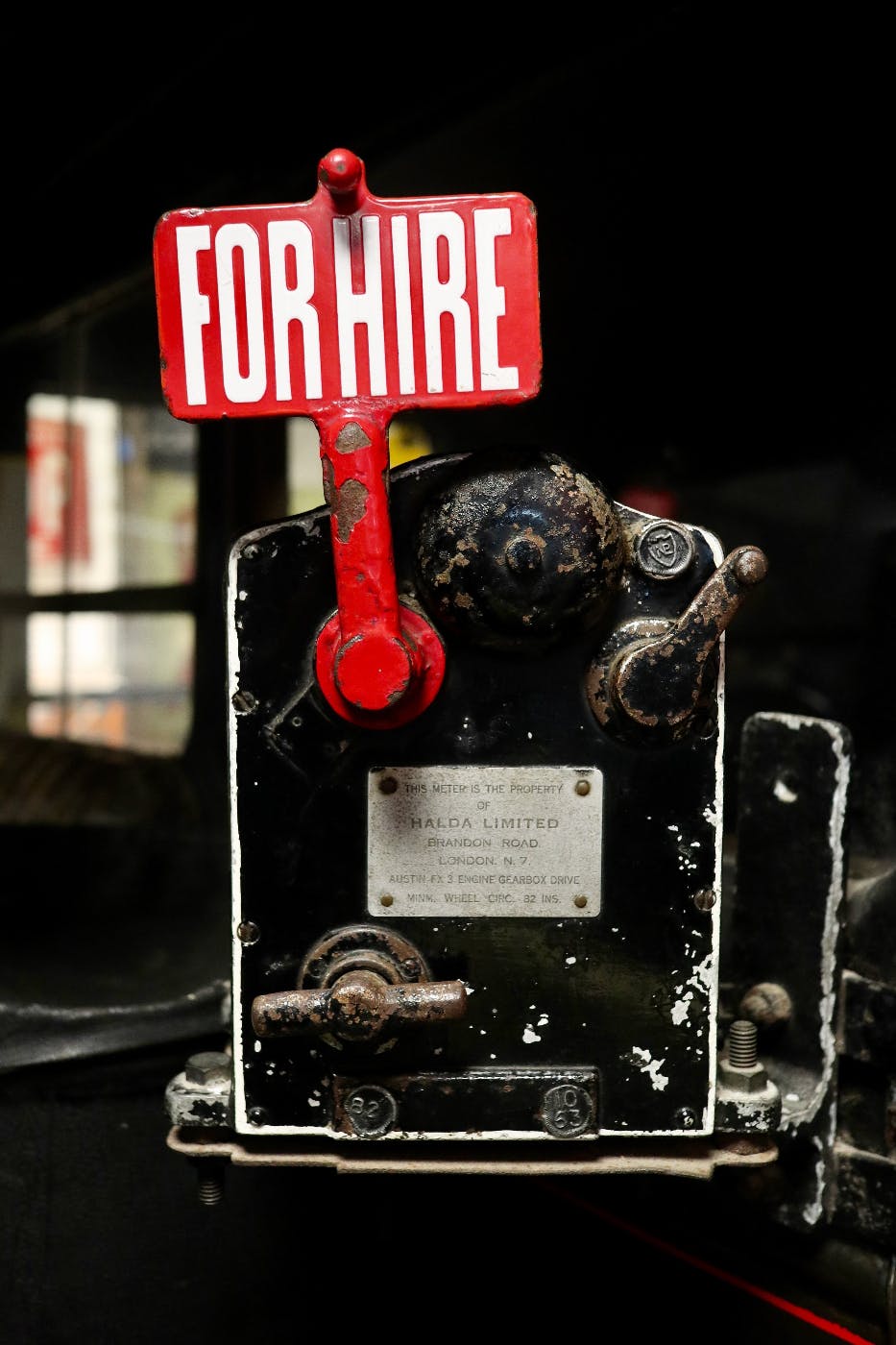
There is no guarantee that you will not lose your job, as there is no guarantee that you will. And that uncertainty, on top of the uncertainty of the past three years, is causing workers serious problems
Remember the Great Resignation? According to government data, over 50 million people left their jobs in 2022, seeking better work, more work/life balance, and a way to ease the work from home; my kitchen is now my office, difficulties. The pandemic made life feel more precious to so many of us, which caused us to examine our lives in minute detail and take a page from Marie Kindo’s book before she had a kid and let the whole thing slide. Let it go if it wasn't bringing joy, if it wasn't keeping the horror of the pandemic at bay. And so, 50 million people let their jobs go.
At the time, it seemed like a good idea. Most people were exhibiting a very knee-jerk reaction to people dying in the streets, the government making wearing a mask somehow like Nazi Germany, and so there was a need to take some control over life. We all know we’ll die, but that seems more apparent when death could be sitting at the table nearest you in your favorite coffee shop or at the salad bar in Whole Foods.
With the stark reality of mortality asking you if you wanted paper or plastic, it made sense to change, seek happiness and do it now! So they did. Now, a little over a year later, and according to surveys, 89% of people who quit during teh great resignation regret the decision. That’s unfortunate, but there is a group of folk who have it worse. The ones who stayed at their job worked through the pandemic and found a way to make working from home less stressful and more pleasant. Now that group is experiencing the great apprehension.
The Great Apprehension Picks Up Where Resignation Left Off
The great resignation was fueled by the pandemic, a need for better work-life balance, and the need to be happy at a time when there was very little to be happy about. Now, those who stayed and worked through are facing a new challenge as more than half of U.S. companies actively reduce employee numbers as others plan to do the same. More than 39,000 have lost their jobs in the tech sector alone. This causes tremendous amounts of anxiety as layoff anxiety floods into the workplace.
There is no guarantee that you will not lose your job, as there is no guarantee that you will. And that uncertainty, on top of the uncertainty of the past three years, is causing workers serious problems.
If you are laid off, we will look at ways to deal with that and ways to stay mentally healthy as you get back into looking for work mode.
You're Facing a Challenge
If you’ve been at your current job for over five years, your imposter syndrome will be in overdrive. It makes sense; surveys suggest the fear of being laid off and unsure of job security can lead to a lack of motivation and mental health issues, such as anxiety and depression. Worst of all, a fear of being laid off and of upheaval in your company can cause some employees to hold back on their efforts, which drops their productivity and makes them a good choice to be let go. As you can see, it is a bit of a self-fulfilling prophecy.
What to Do
Here’s what’s normal after you’ve lost your job,
- You’ll feel anxiety because you’ve lost your identity, salary, and work colleagues
- Your emotional life will be a rollercoaster
- You’ll feel shocked, anxious, then feel fine, then shocked, then perhaps depressed, and those feelings will; keep cycling.
All of those emotions are normal, and you should be feeling them. The United States is work driven. When you meet someone new, one of the first questions we ask each other is, “what do you do?” What you do can quickly become who you are, and when the do is removed from the equation, who are you? So, the emotions of the situation are going to be crazy. Hang on.
Before you do anything, before you update the resume, get your emotions in check. Ask yourself the questions below and ponder them for a little while; this will help get your emotions to where you are ruling them and not the other way around. That is vital because if you go into a job interview and haven't sorted your emotions out, you’ll wear them like a cheap suit. All potential employers will see is anxiety and desperation.

Why did this happen? In most cases, it has nothing to do with you. If it does, you should have known and seen this coming. But, most times, companies just lay people off. It’s happening to thousands of people; you’re not alone.
Why are you angry? Because you are, because you have no control and you did your job well. You have every right to be angry. But don’t let anger define you; that won’t help you move forward.
Why are you sad? Because it’s more than just a job, You’be put time, effort, and a lot of yourself into this job, and you’ve made friends and memories. If you’re missing your co-workers, they are probably missing you too. They won’t contact you because they don’t know what to say or how to say it. So, you’ll need to contact them first. Do it. Stay connected.
Why are you feeling this way? Because a job is a purpose, and a purpose gives us a reason to get out of bed and join the world of the living. You’ve essentially, so it feels, lost your purpose. Until you realize that you have more purpose than just a job, you’ll feel better, but until then, have the motions you have. Let them show up, say their piece, and then leave. Do not wallow; that could easily become your new full-time job.
Moving Forward
After you’ve started getting your emotions in check, which will take time, you’ll want to start moving forward. Again, it is imperative that you face and deal with your emotions, or they will rule you. Negative emotions, if bottled up, will kill you. Not only will they cause depression and the like, but they will also up your imposter syndrome and make looking for a new job seem impossible.
Tell Your Spouse, Partner, and Family
Have an open, honest discussion with your spouse and your kids; explain the layoff and ask them for help. Contacts, leads, and most of support and understanding. What you’re experiencing is akin to a death; allow people to give you comfort and aid.
Talking openly will give your family and friends the truth, making the situation less scary. You feel like you’re going through this alone; however, those close to you feel it too.
File for Unemployment
Go to your state’s Department of Labor website and start the process immediately. You need to do this right away because sometimes, it takes a while for the claim to kick in. If you have some income, it alleviates some stress while looking for a new job.
Investigate Health Insurance Options
Talk to your current employer and see if there are options available to you there. Find out if the Consolidated Omnibus Budget Reconciliation Act, known as COBRA, applies to your situation. COBRA is a federal law that allows employees to continue using their employer's health care after being laid off. Talk to friends, employers, and anyone currently laid off and find out how they handle their insurance situation.
Create a Budget

Now is the time to be frugal and cut unnecessary expenses. This will help you survive the time between jobs. You should also look at creating a backup plan. Find a way of getting income immediately. A part-time job, or start an online store or service offer. This doesn’t have to be a long-run solution, but you never know; you could find your new niche.
Update LinkedIn and Resume
Update your headline, about section, and make sure you put open for work in there. In the about section, highlight your applicable skills according to the job you're seeking. Also, include why you like the work you’re seeking. What inspires you, what motivates you, and what you can bring to the table.
As Weeks Progress
As the weeks roll on, it will be easy to get dismayed and feel like you’ll never work again. That’s normal, allow those feelings, but again, stay on top of them, and do not allow negative feelings, thoughts, and ideas to have center stage. Of course, they will arise, and pretending you're not feeling them to keep a “brave face” is not the action to take. Allow, think about them, then off they go.
Have a daily schedule f time you search and apply for jobs, but have other things on that schedule. Do those jobs around the house you let slide, go for walks, meet people for coffee, and talk to those in your exact situation. Having a schedule makes it harder to just look at your computer, see you have no offers, and go back to bed. Do not go back to bed. Keep a schedule, keep it busy, and stay with it daily.
Acquire a New Skill
Not only will a new skill make you more appealing to an employer, but it will also keep your mind busy and off desperate thoughts. Up-to-date skills make you attractive, giving you something to talk about in interviews.
It May Be a Long Haul
The truth is you have no idea how long the lay-off will last. You could get a new job immediately, or it could take months. Being emotionally ready is essential. As the days tick by, you will start to feel more and more desperate. In this case, keep talking to your friends and family. Understand that they will have no idea what to say, but that’s fine; let them know you’re not looking for solutions; you just need to vent and get the negative, the fears out so you’re clear and open for work.
Stay in contact with past co-workers and keep them apprised of your progress. Tell your former boss as well; they may want to ring you back, and keeping them in on where and what you’re doing keeps you in the front of their minds.
Do not doubt your worth and purpose in this life; it is about more than a job. Stay active, and when you think you will never find a job, remember that your job is looking for and applying for work right now.
Keep a schedule, see people, don't let shame keep you cloistered in your house, and keep living. A good support system forged from open, honest communication will help a great deal. Trust yourself, trust the years you’ve worked, and know they are not for nothing. Stay positive, ask for help, talk, read, and keep positive; it will come to an end eventually, and then you’re on a new adventure.

